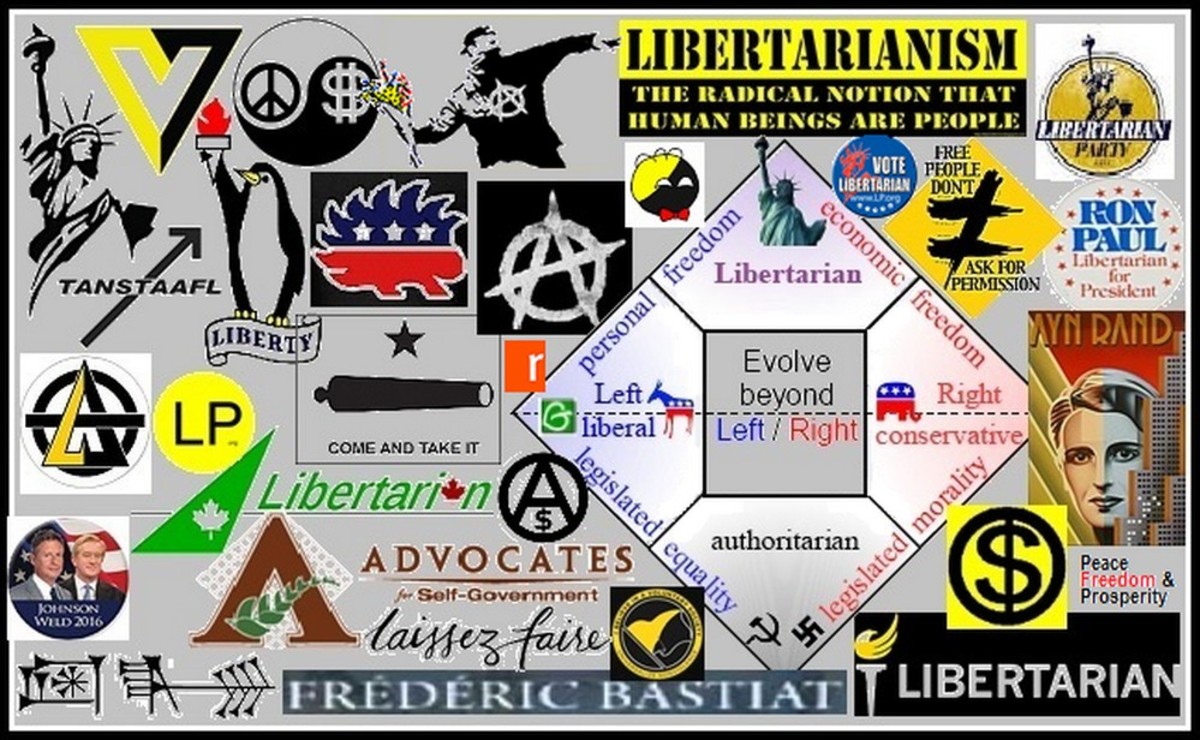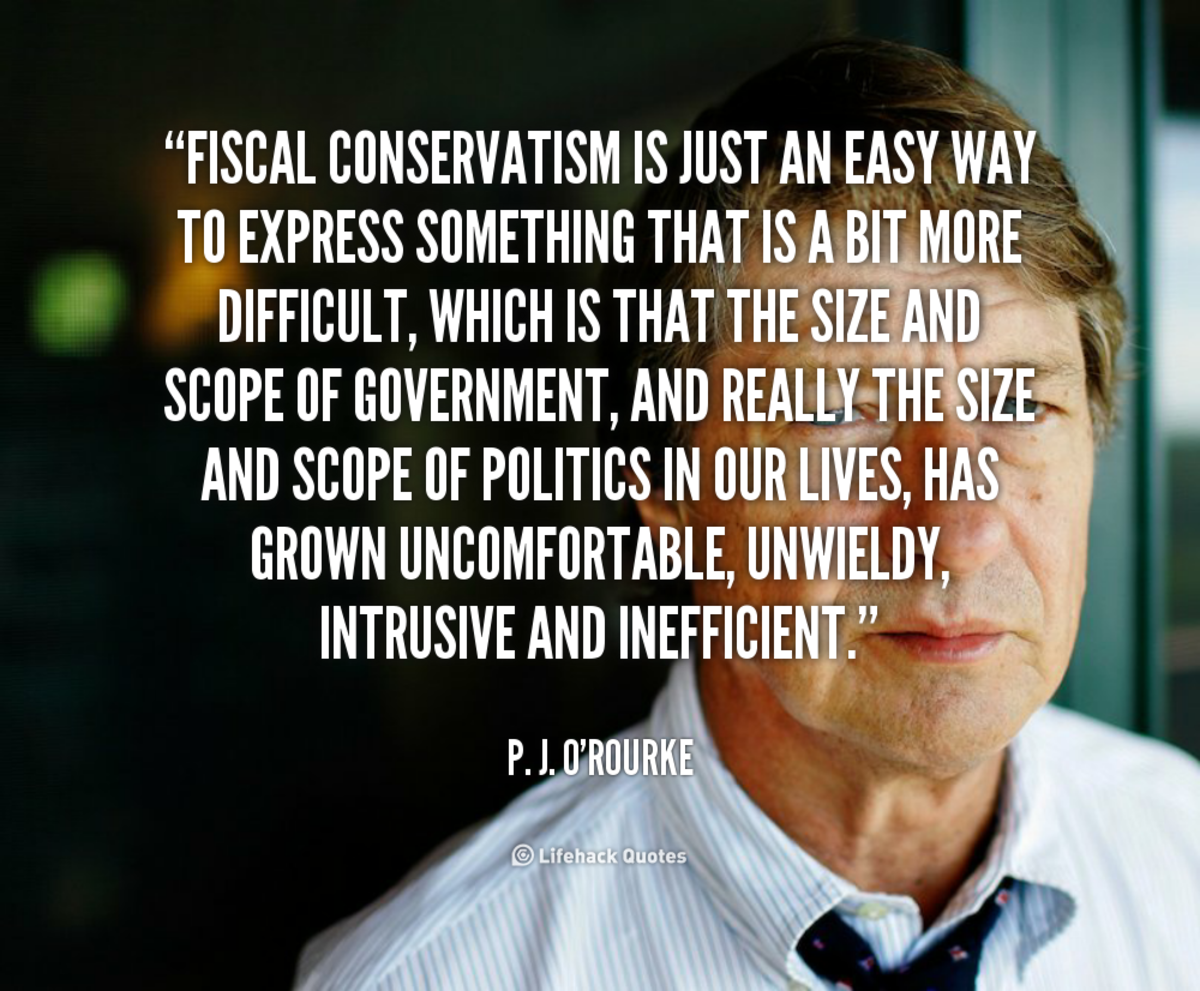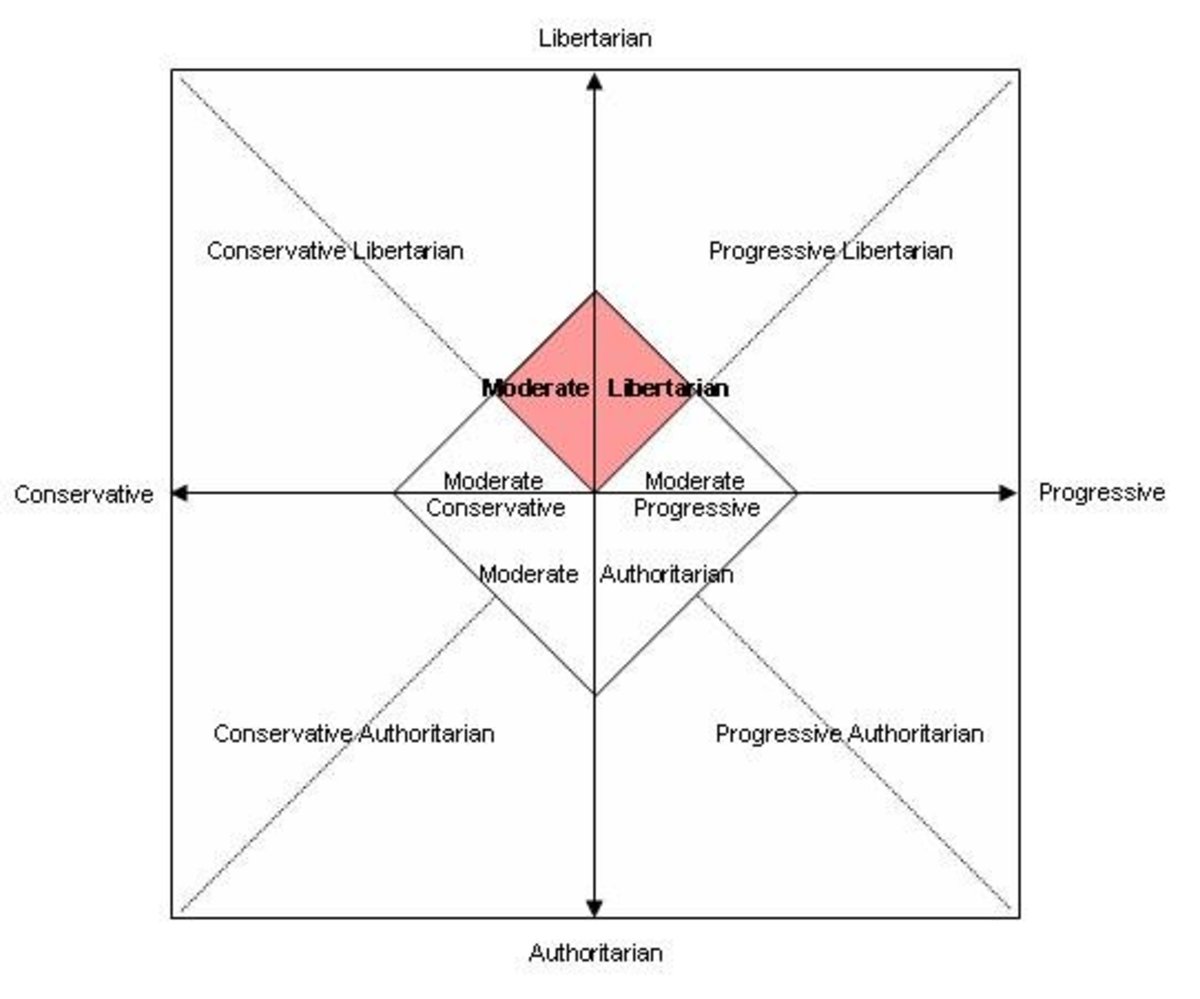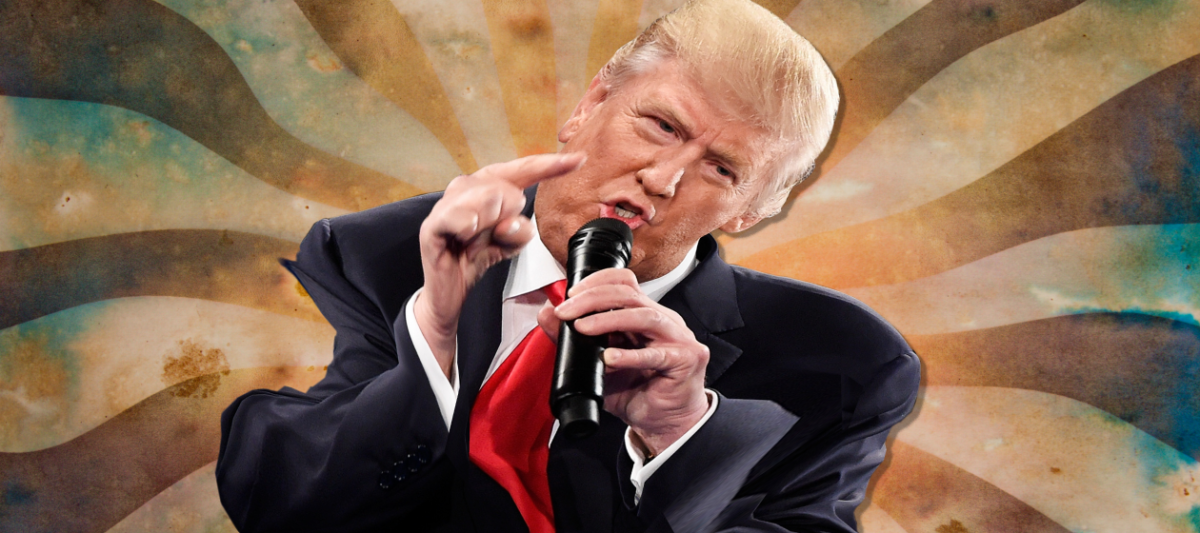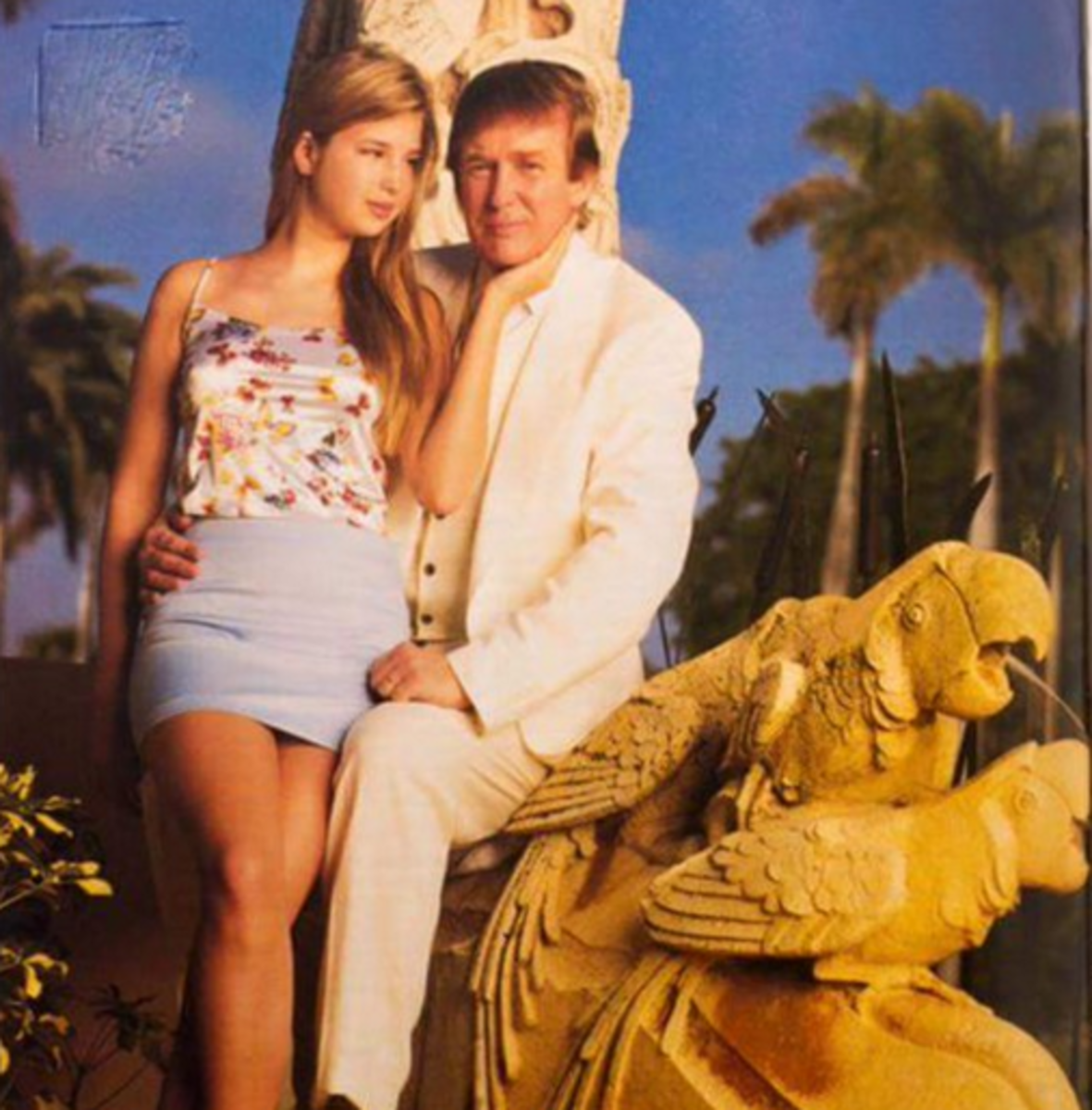A Brief History and Description of the Libertarian Party
The Liberty Bell
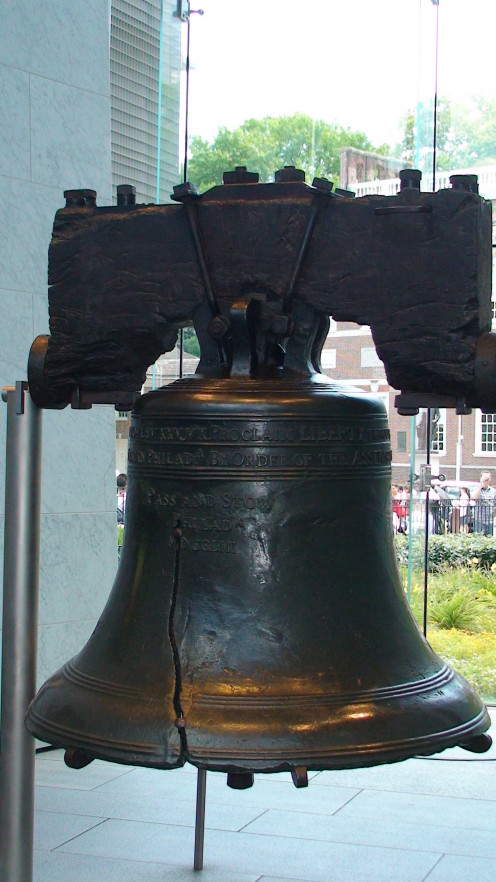
A Brief Introduction
Although the most common political parties are called the Democrats and Republicans, the lesser known ones are called third parties. People that belong to the largest and most popular third party are known as Libertarians. As more people become attracted to their ideals, Libertarianism is now the fastest growing political affiliation in the United States. Libertarianism is rooted in history, and its prominence is apparent in the philosophy of ancient people. Some people feel that Libertarians are old-fashioned, while others believe that Libertarian ideals are necessary for modern society. This party has a strong disagreement with the centralization of government, because they think it is not focused on the needs of individuals.
Lao Tzu: Ancient Chinese Philosopher
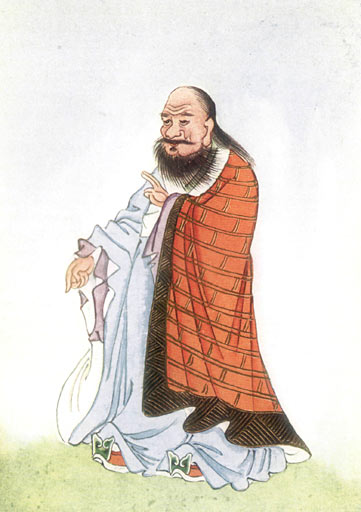
The Pre-History of Libertarianism: Based in Philosophy
David Boaz describes the pre-history of Libertarianism in his book, Libertarianism: A Primer. He speculates that their basic ideas arose as early as the sixth century B.C. by Chinese philosopher Lao Tzu. Lao Tzu taught acceptance and passivity, and that individual liberty is a universal right. Boaz also explains that the ancient Jews believed in this philosophy as well. They did not see their king as above the law of individual morality, and unlike many ancient civilizations, they did not equate him with a god. This party is also the result of Pluralism, otherwise described as the separation between Church and State. Historically, the struggle for toleration was a concern for early Christians, because they were persecuted by the Roman State. Across Europe, people made major steps toward limiting government power, including the famous Magna Carta. Boaz states that the “Magna Carta guaranteed every free man security from illegal interference in his person or property and justice to everyone. The king’s ability to raise revenue was limited, the church was guaranteed a degree of freedom, and liberties of the boroughs were confirmed.” Over the centuries, these ideas developed, and famous figures such as Machiavelli spoke freely about the shortfalls of politics.
Foundations of the Libertarian Party
Absolutism sparked major concern among the English people, who revolted against the heavy power of the Church. People regard this time of disagreement as the beginning of Libertarianism. At the time, John Locke said that the government’s role should never exceed protecting the rights of people. In the 18th Century, Voltaire observed the English government as representative, and the middle class as prosperous. Besides John Locke, another founder of Libertarianism is Adam Smith, who wrote about economics and philosophy. Smith explained that decent human nature is what drives a better society. These ideas carried over into the American Revolution, fueled by radical liberals such as Thomas Paine. The American colonies developed and issued the Declaration of Independence, which protected people’s rights to influence the law. Liberal thought progressed, which led society through many technological advances and innovations.
Modern Libertarians
Modern Libertarians are somewhat hidden in the shadows of the two major parties. However, many people recognize that Libertarian ideas are in the best interest of individual rights. They do share similar interests with the two major parties, but they disagree with the government’s distribution of wealth. They believe that government bailouts not are a good solution for businesses, because they negatively affect the taxpayers. They insist that certain government practices are infringing on civil liberties and going against the Bill of Rights. They claim that the government is the cause of most pollution, and that it is not taking responsibility for the environment. This party disagrees with the regulation of prices, supply, and demand, while promoting the idea of a free market. Libertarians want to reduce the amount of nuclear arms, and only use military force to protect people’s rights. Regarding immigration, they support open borders, which opposes the Republican stance. They object to government support of public schools, and believe that schools should be privatized with tax credit for tuition. They are pro-choice, but do not agree with government funding for abortions. Libertarians support the deregulation of the healthcare industry, and want to separate it from state control. They want to stop foreign aid and gun control, and they support the right for gay people to marry.
Gary Johnson- Libertarian Leader

Libertarians: Looking to the Future
The Libertarian party’s website presents its recent success. In the States, many Libertarians have run for and been elected to public office. Recently, Montana Libertarian nominee Mike Fellows polled 42.45% of the vote in his race for Clerk of the Montana Supreme Court. This is the largest percentage of a statewide vote for this party’s candidate.The party’s presidential candidate, Gary Johnson, hopes that more Americans will become aware of the major parties’ downfalls. “Whichever candidate I make lose, that would open a debate and a discussion over the two parties," he told reporters recently. "What really is the difference between the two? Not much at all." He explains that Democrats and Republicans have lost control over runaway government spending. His government plan includes a 43 percent reduction in spending on defense. Although the Libertarians are a smaller party than the Republicans and Democrats, they are gradually drawing people away from the bigger parties. The younger generation is especially concerned with pushing the American government to give control back to individuals. The Libertarian ideas and concerns will continue to grow, and the awareness of their party is expected to keep spreading in years to come.
Find out more by visiting the Official Libertarian Party Homepage: http://www.lp.org/

